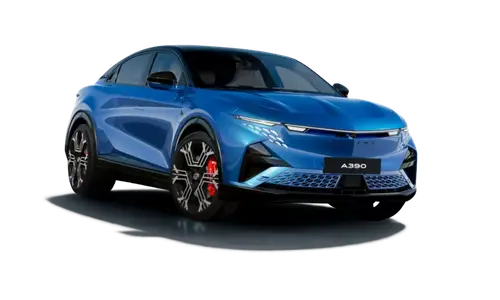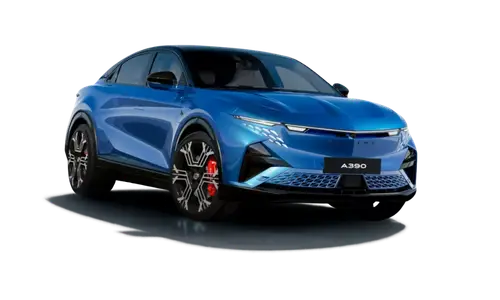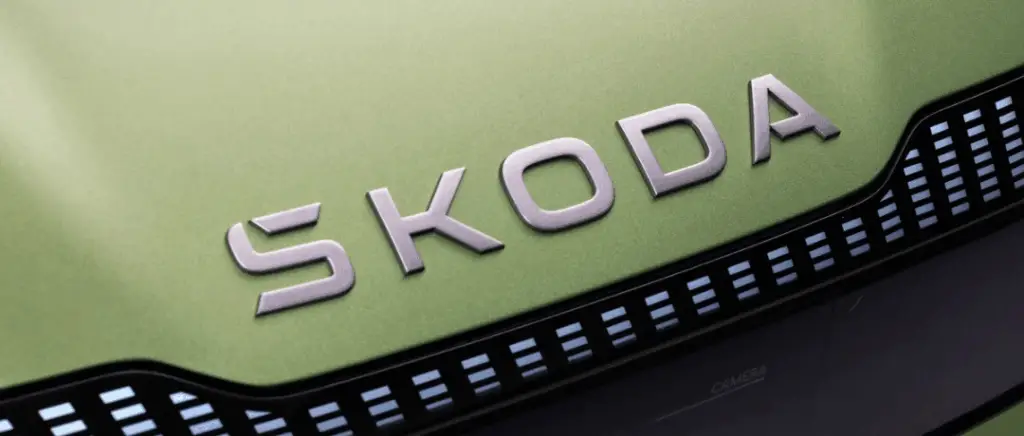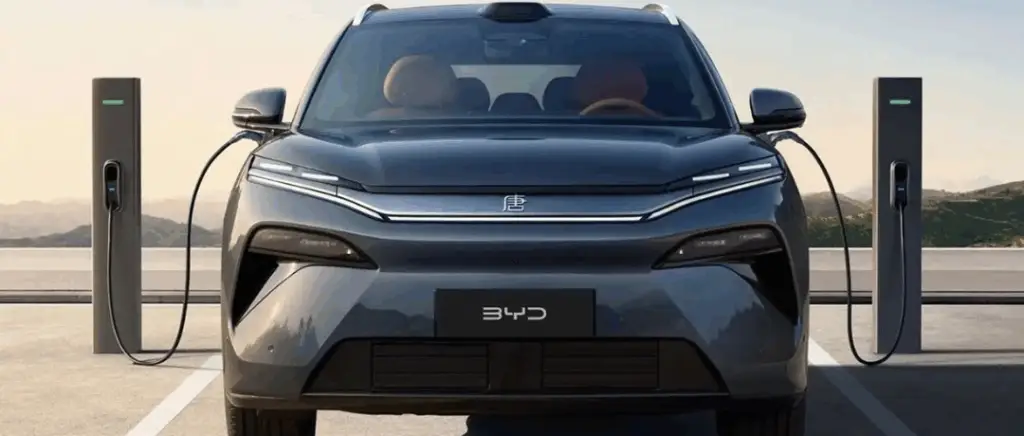Monday to Friday 9am - 12.30pm - 2pm - 7pm
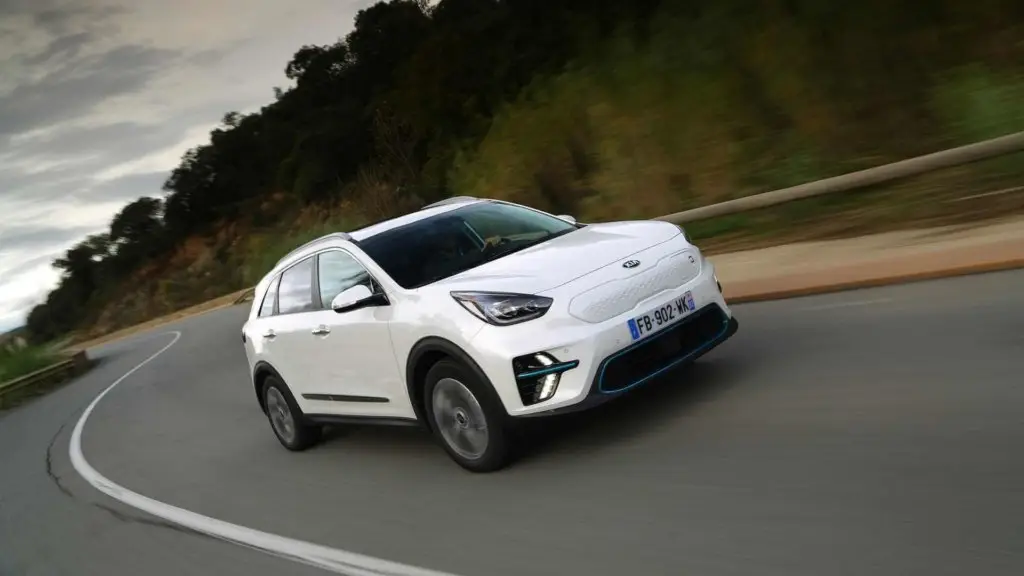
Towards an increase inautonomy for electric cars
After price, range is one of the most important criteria when it comes to buying your future electric vehicle. For an electric car, range is the sinews of war!
According to a study conducted by AVERE (National Association for the Development of Electric Mobility)In France, 60 % of people would be tempted to go electric, but only if the car could go 500 km. Another 40 % would like to go even further on a single charge. What's more, for more than half of those surveyed, insufficient range is still a barrier to purchase, ahead of the price (41 %). But what's really going on?
Well, well, well! Today, the electric car is at the heart of carmakers' strategy, because it represents the future of the sector. From 2021, cars sold in the European Union will have to emit no more than 95g of CO2 per km, compared with 130g/km today. What's more, from 2040, the sale of combustion-powered cars will be banned in France. Carmakers are therefore betting on the electrification of their ranges, enabling the sector to grow from strength to strength and bring more choice to users.
With increasingly powerful batteries, the range of electric cars is also improving. Depending on the make and model, you'll find cars with a range of between 150 and 600 km in the electric cycle. WLTPThat's around 100 to 500 km in real terms. These different ranges mean that the car can be used for a wide range of everyday journeys, although long-distance journeys are likely to be problematic for low-range models.
Would you like to know more about autonomy? Just the thing, we've put together a Top 10 electric cars with the longest range.
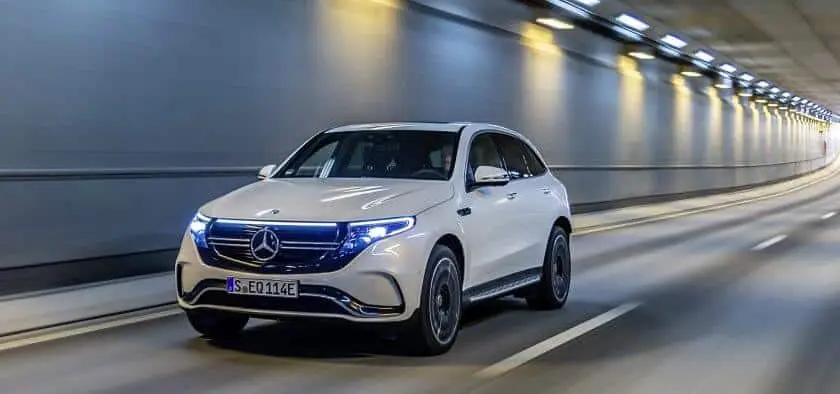
Charging points springing up by the millions
There are nearly 30,000 recharging points spread across around 7,000 recharging stations in France by 2020.
But we're not stopping there, as the Energy Transition Act provides for no less than 7 million electric charging points installed by 2030.
A reassuring objective for all those who, like you, are thinking of going on holiday with their electric car.
100,000 charging points to be installed by 2021
It's true that one of the arguments against buying an electric vehicle is recharging the battery. battery. Firstly, there are too few charging points. Secondly, the charging time can be long, depending on the station and the charging power accepted by the car. But that's about to change!
During his visit to the Valéo plant in Étaples, Emmanuel Macron presented his recovery plan for the automotive sector, which has been hard hit by the economic crisis. Covid-19.
In which he announced a national deployment plan for charging point whose objective is to have a 100,000 charging stations installed throughout France. They will be installed in towns and cities, in condominiums, on major roads and, of course, on motorways.
Emmanuel Macron wants to install fast-charging stations which will be no more than 150 kilometres apart. This means that even so-called urban vehicles will be able to travel more easily.
These 100,000 terminals will be ready to welcome users by the end of 2021, in one of Europe's most ambitious plans in terms of clean vehicle.
To find out about all the new features of the recovery plan, we suggest you take a look at our article on the environmental bonus.
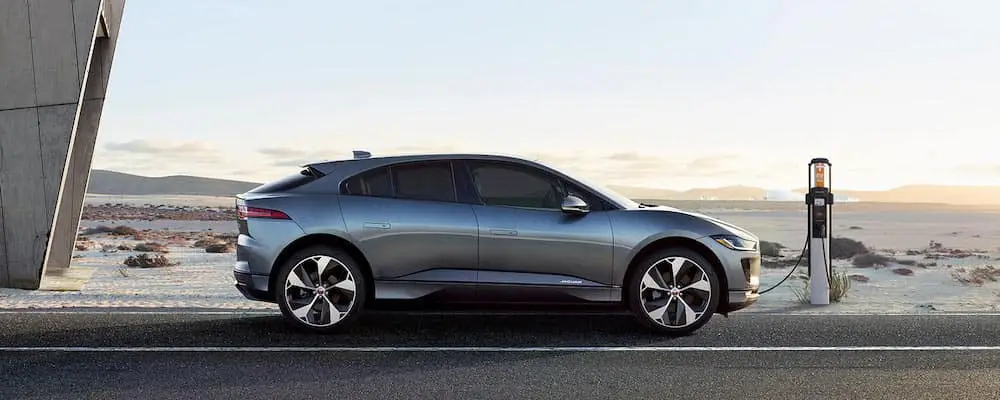
A few tips for a successful electric car holiday
With the increasing autonomy of vehicles and a network in charging stations The range of electric cars on the road has grown considerably, and more and more drivers are planning to take their electric cars on holiday. Here are a few tips for successful journeys!
Locate recharging stations
Before you set off, make sure you know where the charging stations are so that you can adapt your itinerary accordingly. It couldn't be simpler: locate the nearest recharging points by downloading the application ChargeMap on your smartphone or very soon on your IPhone or on Google Maps.
That's right, Apple to add routing functionality to Maps for electric vehicle owners. The routing function for electric cars will be available in the latest version of iOS 14.
This new feature aims to eliminate range anxiety and the fear of running out of fuel by showing charging points that are compatible with the user's electric vehicle.
For its part, Google announced a few months ago that it had added a new feature listing easy-to-use recharging points on the Google Maps application. For the moment, the feature is not yet available in France, but it is being rolled out in the USA, the UK and Australia.
Departure time
When on holiday, the time of departure is often important to avoid traffic jams. It can also be important to avoid getting stuck in a queue at charging stations. On this subject, it's good to know that free fast terminals are not necessarily the least reliable or the least maintained. But they are the first to be snapped up.
Favour fast or accelerated charging stations
To shorten your journey time, you should try to limit the charging time of your electric car. To do this, use fast or accelerated charging stations, depending on your vehicle's capacity.
As far as possible, avoid using fast-charging stations if your vehicle is not capable of recharging to its maximum power output.
Check how to access charging points
Getting to the right charging point is great, but being able to recharge is even better! If it's not a public charging point, it's essential to check access times.
Another important point to check is the authorised means of access to the charging point. While the majority of public charging points in France are compatible with the Chargemap PassHowever, there are still some terminals that require a specific access badge or a subscription.
This is particularly true abroad, where you need to make sure you have the right badge. If you don't have the right badge, it's often possible to start recharging using your smartphone and a suitable internet connection.
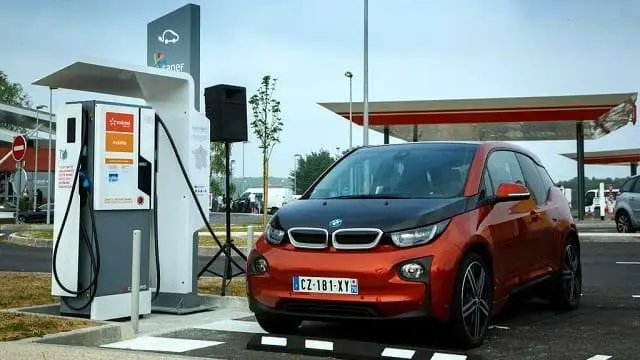
Prepare for the unexpected
The success of a long journey in an electric car lies in its preparation. You need to anticipate unpleasant surprises as far as possible.
As far as possible, plan to stop at recharging points equipped with several charging points. These are still rare, but it helps to avoid the risks.
Failing that, check out the other charging points available near your charging point. Always plan to arrive with a battery level of at least 20% to be able to cope with any recharging difficulties once you're there.
Look after your vehicle's fuel consumption
As far as possible, avoid anything that alters the aerodynamics of your vehicle, particularly roof boxes, which can cause you to consume between 15% and 30% more on your journey!
Even if the impact on autonomy is less, pay attention to the weight of your vehicle with luggage. A vehicle that is overloaded inevitably consumes more fuel.
What's more, during the journey, if you're a little short between two recharging stages, you can also decide to reduce your speed a little on the motorway to consume less. Going from 130 km/h to 110 km/h has a considerable impact on your car's fuel consumption.
Choose a location equipped with recharging stations
Once you've arrived at your destination, there's no doubt that you'll want to make the most of your electric car on the spot! For added convenience, you can opt for a guest house, hotel or campsite equipped with recharging points.
T3 sockets
More and more fast-charging stations are being used for a good part of the day by large numbers of electric cars, using T2 sockets. To avoid having to wait, be clever: get a cable with a connector for T3 sockets, which are much less frequently used, yet often present on these infrastructures.
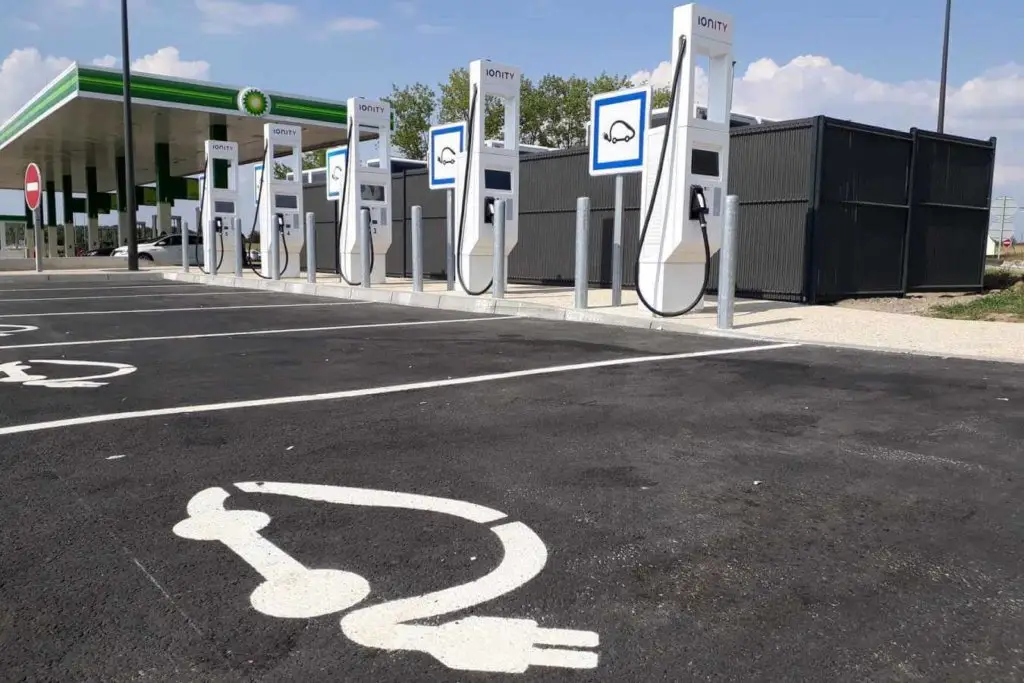
Now you know that, with a little preparation, it's possible to go on holiday in an electric car. You can even stop off in pleasant places to recharge and enjoy your journey in a different way. We hope you find our advice useful!
Beev offers multi-brand 100% electric vehicles at the best prices, as well as recharging solutions.

















